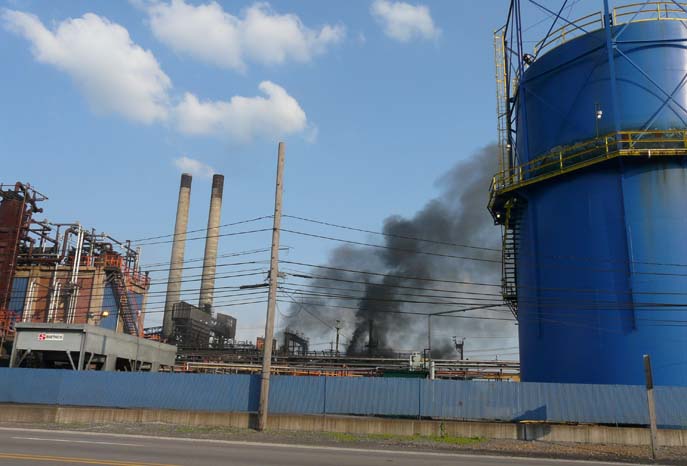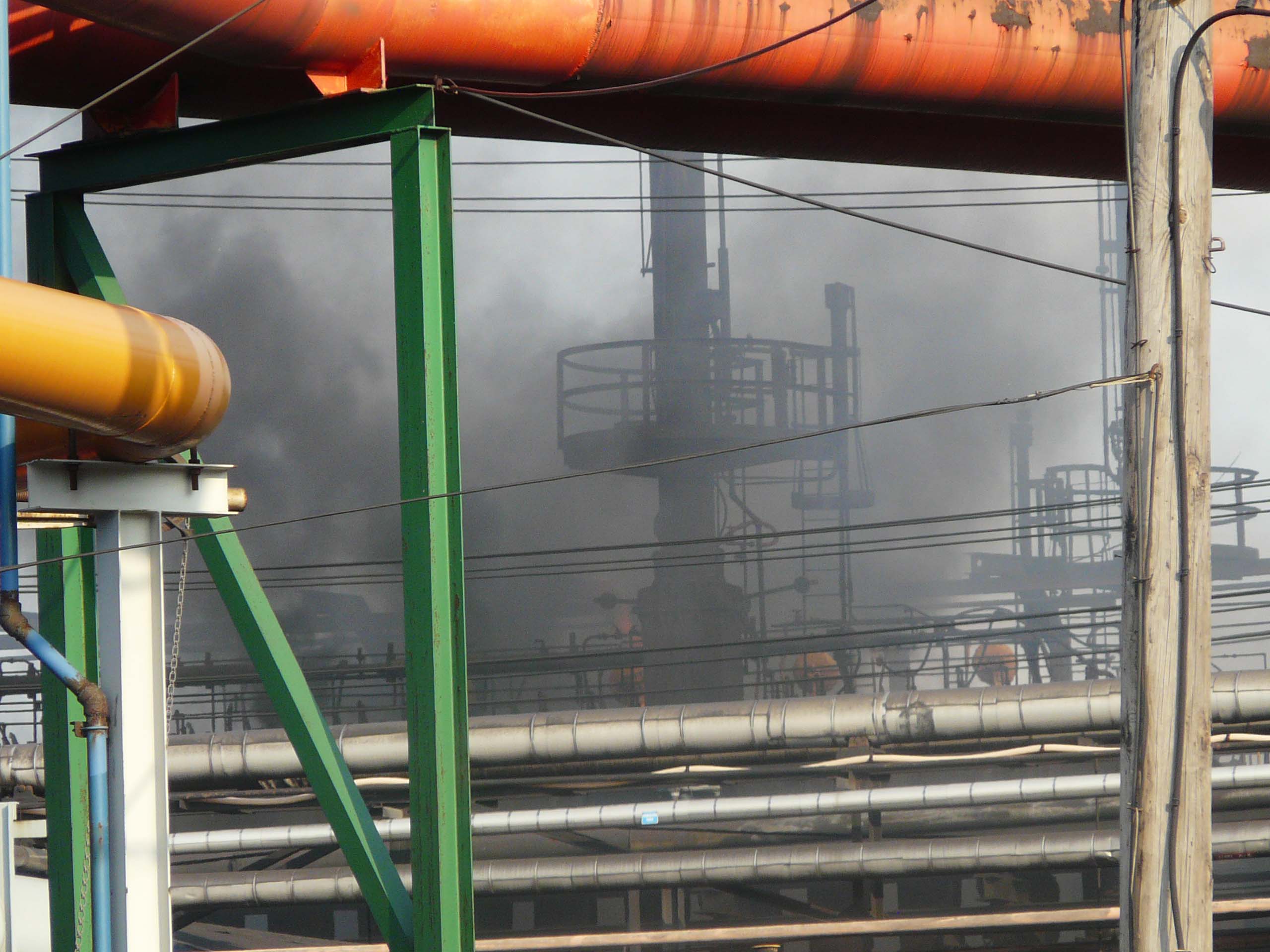For decades, industrial polluters have taken advantage of Clean Air Act loopholes which allowed them to spew unlimited amounts of harmful air pollution into neighboring communities during the startup, shutdown, or malfunction (SSM) of their dirty fossil fuel facilities.
The EPA finally did the right thing in a rulemaking in May by telling states that they must close their SSM loopholes.
Unfortunately the story does not end there. Now these same industrial polluters, like the Walter Coke facility in Alabama and refineries in Corpus Christi, Texas, along with their political allies in 18 states, have filed suit against the EPA's decision. They've also launched a PR machine that has blasted media outlets with false (and entirely irrelevant) stories meant to deflect attention away from the real world health benefits that the EPA's decision to close the SSM loophole will achieve for communities who have suffered from the decades of pollution from dirty industrial facilities. Despite the misleading articles that are popping up, these new SSM protections are about safeguarding communities from dangerous pollutants like particulate matter, nitrogen oxides, and sulfur dioxide, which can have immediate and dire consequences on people’s health.
It's heartbreaking that the human story behind this new public health protections is being obscured by the very industrial facilities that have been polluting their neighborhoods for decades.

Communities Suffer from SSM Pollution
In North Birmingham, for example, the ancient Walter Coke facility has plagued the low-income, predominantly African-American community with uncontrolled pollution for decades, as highlighted in the award-winning CBS-TV 42 documentary titled "Deadly Deception." Local residents frequently see huge plumes of air pollution coming from the facility, usually at night, and have reason to fear that they're connected to the proliferation of health problems in the community, which include cancers, heart attacks, respiratory illnesses, and strokes. Walter Coke's semi-annual monitoring reports confirm that SSM events are frequent and can last for hours.
Another example is in Corpus Christi, where the "refinery row" residential districts -- primarily low income, African-American and Latino communities -- are situated along the fencelines of major oil refineries and supporting chemical industrial facilities. The pollution, and revolting stench, from these facilities is inescapable in these communities and upset events are frequent, including flaring, flames, plumes of noxious black smoke, noxious chemical smells, and loud noises. Suzie Canales, a co-founding member of the local advocacy group Citizens for Environmental Justice, just recently witnessed flares accompanied by plumes of dense, black smoke so large that she could see them from the freeway while she was driving.
The Sierra Club is proud to be working with a coalition of environmental organizations and grassroots environmental justice groups -- including People Against Neighborhood Industrial Contamination (a community-based organization around the Walter Coke facility), Citizens for Environmental Justice in Corpus Christi, Natural Resources Defense Council, Environmental Integrity Project, and Earthjustice -- to help defend this important rule against attacks from polluters and the states that put polluters over the interests of the health and well-being of communities across the country.
